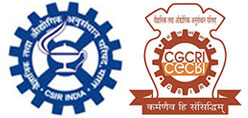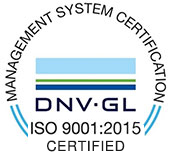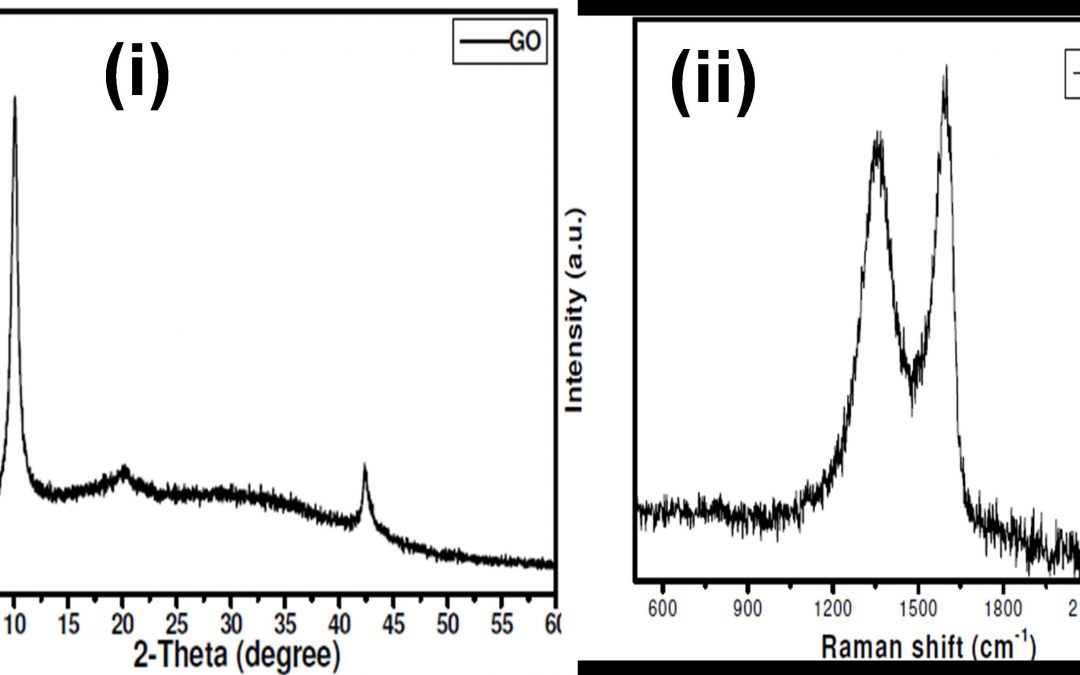

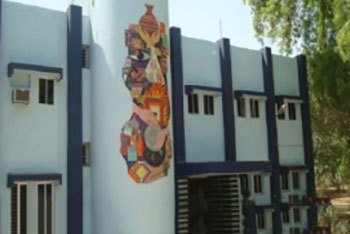
Pyroplastic Behavior Of Clay Based Body Containing High Amount Of Fired Porcelain Scrap
Photo: CSIR-CGCRI Naroda Center, Gujarat Vitreous china sanitaryware is produced in large quantities in Thangadh and Morbi areas of Gujarat state in India. It is estimated that about 170000 pieces or 2380 ton of vitreous china sanitaryware articles are manufactured...
Nano-biosensors and Microfluidics for Healthcare: Non-Invasive Techniques based on Nano-biosensors for Diabetes Detection
Central theme of this project is based on detection of exhale breath acetone, bio-marker for diabetes. The exhale breath acetone concentration >2 ppm in breath is considered as diabetic. Accordingly, a gas sensor has been developed based on ternary nanocomposites...
Utilization of toxic waste in glass making
Arsenic contamination of groundwater is a major challenge causing serious arsenic poisoning to large numbers of people. There are several ways to remove arsenic from the ground water in order to make suitable for human consumption. However, arsenic contaminated sludge...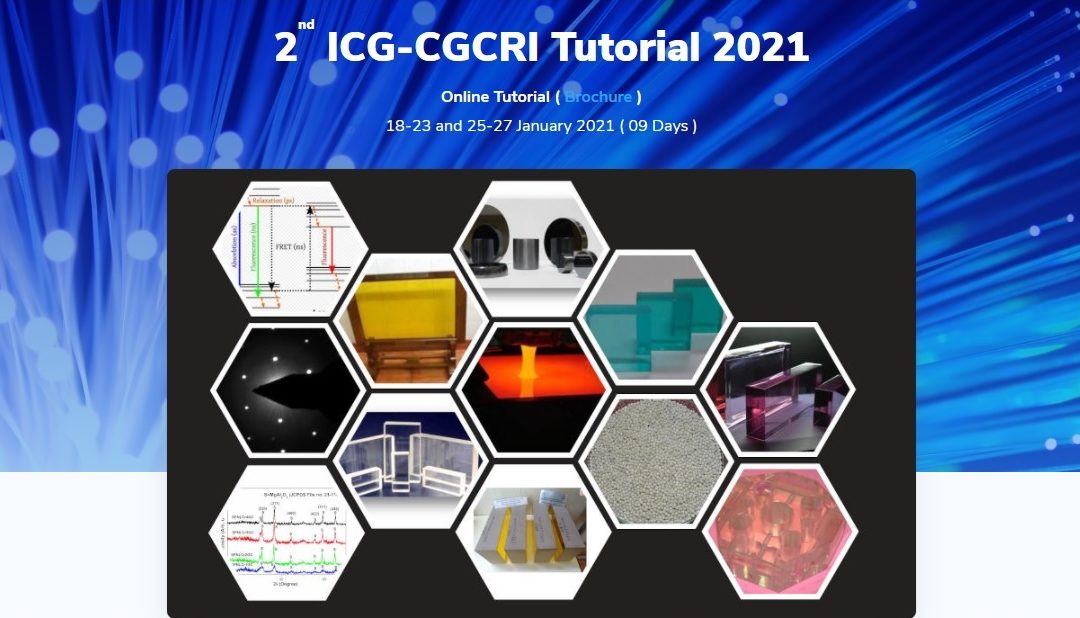
Programme of 2nd ICG-CGCRI Tutorial 2021 jointly organised by ICG and CSIR-CGCRI during January 18 – 27, 2021
The International Commission on Glass (ICG) and CSIR-Central Glass & Ceramic Research Institute (CSIR-CGCRI), Kolkata, India are jointly organizing the 2nd ICG-CGCRI Tutorial 2021 on GLASS in online mode during January 18 – 27, 2021. Please visit the Tutorial...
